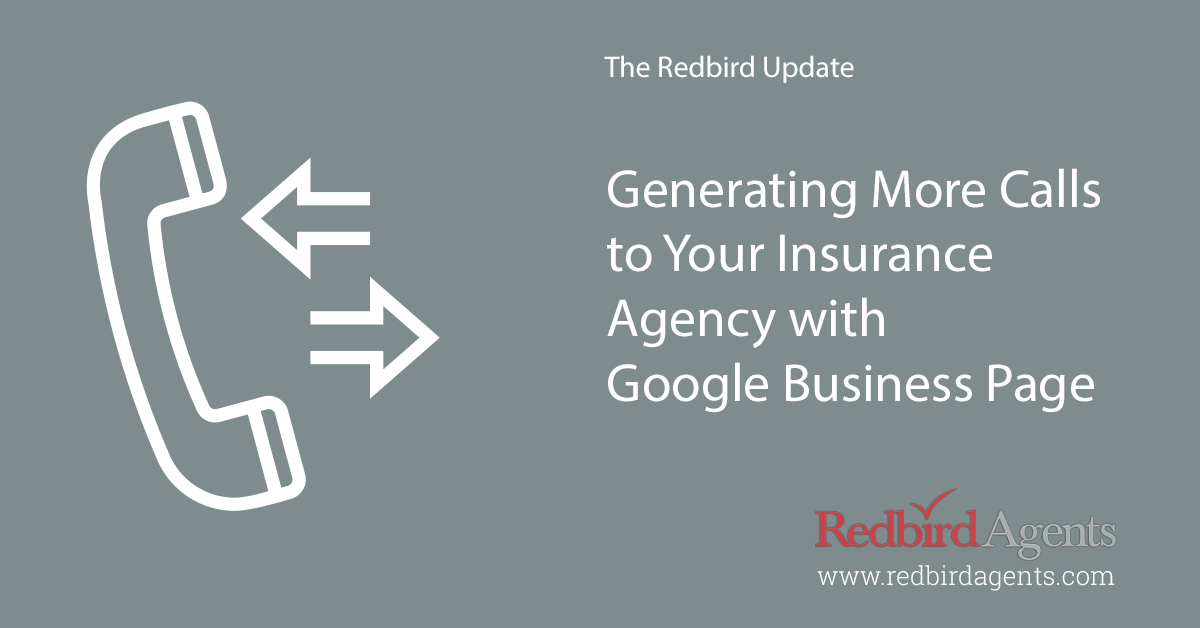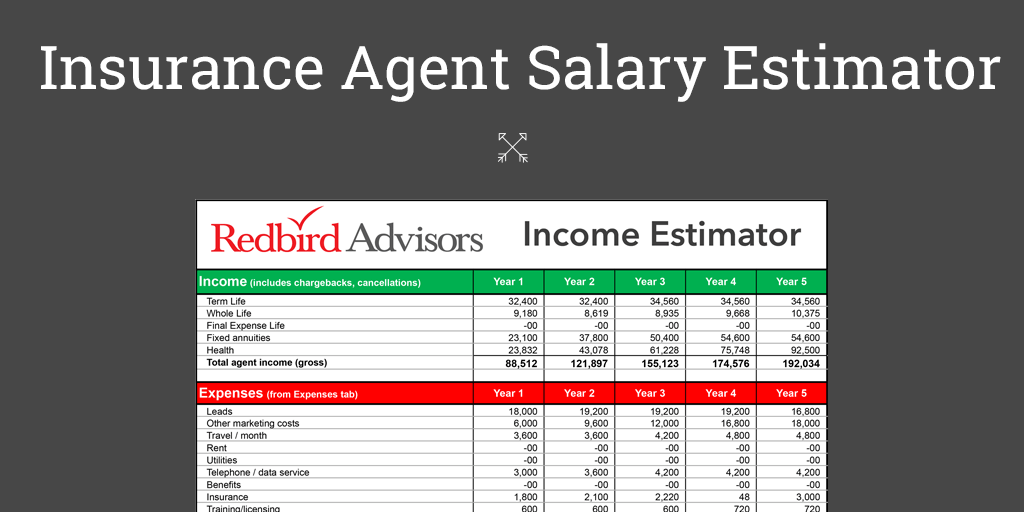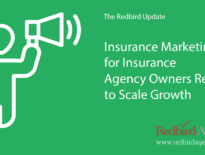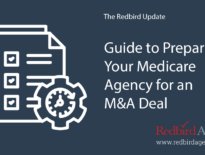
Increasing inbound calls is vital for any insurance agency looking to grow its client base. By optimizing your Google Business Profile (GBP) and implementing effective local SEO strategies, you can boost your online presence, increase visibility in Google search results, and attract more potential clients. Below is a tactical plan that outlines practical steps to help insurance agencies generate more calls and inquiries.
Optimize Your Google Business Profile (GBP)
A well-optimized Google Business Profile is essential for driving inbound calls. Many insurance agents and business owners still overlook the incredible potential of GBP optimization in local search results.
1. Complete Your Profile Information
- Ensure your business name, address, phone number, and business hours are accurate and consistent across the web.
- Add detailed business descriptions highlighting your insurance services (e.g., Medicare, health insurance, life insurance, auto insurance).
- Use keywords strategically in your business description to rank higher in Google search and Google Maps results.
2. Add a Call-to-Action (CTA)
- Include CTAs such as “Call Now for a Free Consultation” or “Speak to a Local Agent Today” in your business listing and posts.
- Enable the messaging feature in your GBP to make communication easier for mobile users.
3. Collect & Respond to Reviews
- Ask satisfied customers to leave positive reviews on your GBP. Automate review requests using a CRM to streamline the process.
- Respond to both positive and negative reviews to demonstrate professionalism and build trust with potential clients.
4. Update Regularly
- Post weekly updates about your service area, new offerings, or tips related to insurance services.
- Include images of your team, office, and community involvement to enhance engagement.
Local SEO Optimization
Local SEO ensures your agency ranks in Google Maps and Google search results for your service area.
1. Target Local Keywords
- Use tools like Google Keyword Planner to identify phrases like “Medicare insurance agents in [city]” or “life insurance near me.”
- Incorporate these keywords in your website, GBP, and insurance blog content.
2. Optimize for Google Maps
- Add location-specific keywords to your GBP, such as “health insurance providers in [city].”
- Include a Google Maps embed on your website’s contact information page.
3. Build Local Citations
- Ensure consistent business name, address, and phone number (NAP) on directories like Yelp or LinkedIn.
- Collaborate with local businesses to generate backlinks and build your reputation.
On-Page SEO & Website Optimization
Your website plays a key role in converting leads from Google Business Profile traffic.
1. Mobile Optimization
- Ensure your site is mobile-friendly and features a click-to-call phone number on every page.
- Include CTAs like “Request a Quote” or “Call Now” to encourage immediate action.
2. Content Marketing
- Publish high-quality blog posts targeting insurance services queries. Examples:
- “How to Choose the Best Medicare Plan in [City]”
- “Understanding Auto Insurance Coverage for First-Time Buyers”
3. Schema Markup
- Implement local business schema to improve visibility in search engine results.
4. Speed Optimization
- Use tools like Google PageSpeed Insights to identify and fix slow-loading pages. Compress images for faster performance.
Leverage Google Ads for Immediate Results
If you’re looking for a quick boost in calls, running Google Ads for location-based keywords can complement your organic efforts.
1. Call-Only Ads
- Use ads focused on driving direct calls, such as “Speak with a Local Insurance Agent Today.”
2. Geo-Targeted Campaigns
- Target specific regions or neighborhoods to attract the right potential clients in your service area.
3. Track Conversions
- Set up call tracking to measure the success of your campaigns and optimize for high-converting keywords.
Reputation Management & Social Proof
Your online presence and reputation heavily influence whether potential clients contact your agency.
1. Increase Positive Reviews
- Offer small incentives for clients to leave customer reviews on your GBP.
2. Showcase Testimonials
- Share success stories of helping clients find the right health insurance or life insurance plan.
Monitor & Adapt Your Strategy
Regular tracking and updates are essential to ensure your strategy remains effective.
1. Update Your Business Listing
- Refresh your GBP with new photos, business hours, and posts regularly.
2. Analyze Search Rankings
- Use tools like Google Search Console to monitor traffic and identify trends.
Conclusion
Whether you optimize your Google Business Profile or launch targeted local SEO campaigns, the key to success lies in consistency and adaptation. By taking these steps, your insurance agency can increase inbound calls, attract more potential clients, and maintain a strong online presence in your service area.
If you would rather our team do this work for you, just contact us!


